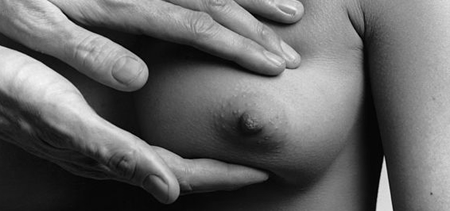
Even if you are not aware that you have any gynaecological problems, a routine check-up is a wise idea to make sure that you do not have any undiagnosed conditions that affect your reproductive or sexual health. The tests carried out at a routine gynae check-up are designed to detect any issues early on so that you can access prompt treatment if necessary. Whether you are in your twenties or your sixties or beyond, a regular gynaecological examination is a must to preserve your health.
An integral part of a routine gynae check is taking a history of your current and past reproductive and sexual health. This general gynae questionnaire asks for details of your menstrual history, previous smear tests, whether you are sexually active, your choice of contraception and your pregnancy history, as well as any gynaecological concerns you may have such as unusual symptoms. However, it is also important to collect information about your general health and lifestyle choices, as these can impact upon your risk of certain gynae problems as well.
Once a month you should complete a breast exam to check for lumps or any other changes that could possibly signal cancerous growths in your breasts. Checking your breasts regularly helps you become familiar with their appearance and feel, making it easier to spot changes early. However, besides checking your breasts regularly, it is important you use the correct technique to avoid missing lumps and overlooking any other signs of cancer. If you feel unsure about checking your own breasts, a thorough breast examination to assess your breasts and also gives you the opportunity to ask your gynaecologist how to carry out a breast check at home. During her assessment of your breasts Dr Sheela Purkayastha will not only check for breast lumps, but she will also look for lumps in your underarm area, an unusual texture in your skin, swelling or asymmetry in your breasts and nipple inversion. She will also ask whether you have noticed any changes in your breast size or shape or whether you have experienced any discharge from your nipples. If Dr Purkayastha finds any worrying symptoms at your routine gynae check up, she will make the necessary referral for further investigation. However, in most instances, with reassurance that your breasts are in good health, you can carry out a monthly breast check yourself with confidence.
Although a pelvic exam is often performed if you experience lower abdominal pain or when an infection is suspected, this is also a regular part of a gynaecological check. During a pelvic examination your specialist examines your vulva, vagina, cervix, uterus, fallopian tubes and ovaries. It is possible to visualise your external areas, while a speculum device is used to examine your vagina and cervix, and a manual examination is used to assess your uterus, fallopian tubes and ovaries. The procedure may feel a little uncomfortable, but it should not hurt, so if you feel any pain it is important to tell Dr Purkayastha, as this may signal an underlying problem that needs further investigation. If you have any unusual vaginal discharge, it is normal to take a swab sample at this point in your routine gynae check up, as this can check whether you have an infection.
Cervical screening is offered to all women aged between 25 and 65, with a three yearly test recommended before the age of 60 and then every five years after that. The test isn't intended to detect cancerous cells, but instead cervical cells that have the potential to cause cancer. If these cells are found it lets you receive treatment to reduce the likelihood of you developing cervical cancer. For this reason it is essential that you keep up to date with your smear test and if you can't remember when you last had a cervical smear, this is one good reason to arrange a checkup with Dr Purkayastha. This test is quick to perform and causes minimal discomfort, and as regular screening can prevent as many as three-quarters of cases of cervical cancer the test is an important part of a routine gynae check up.
To book a routine gynaecological check with Dr Purkayastha, make an appointment today.
![]() Privacy Policy | Disclaimer | Links | Sitemap | View Mobile Website
Privacy Policy | Disclaimer | Links | Sitemap | View Mobile Website
The contents on this site is for information only, and is not meant to substitute the advice of your own physician or other medical professional.